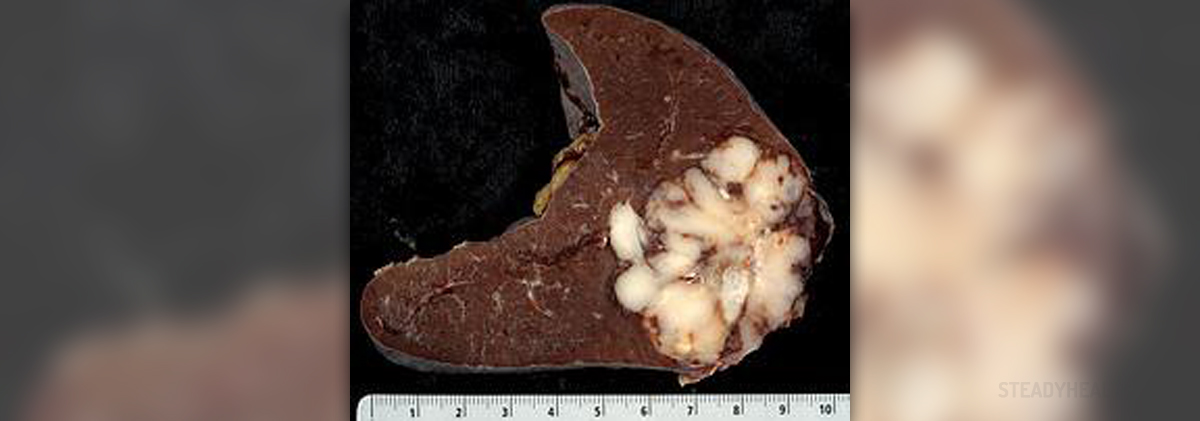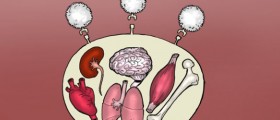
Healthy functioning of the spleen is very important factor for body’s immune system. The immune system is composed of cells, tissues and organs that work together to keep infectious agents out of the body thus protecting against diseases and infections. One of the organs of the immune system is the spleen. In this article we will deal with the spleen and its role in immune system.
The Spleen Overview
The spleen is found in all vertebrae animals. It is a soft, purple, fist-shaped organ, positioned in the upper left part of the abdomen, just beneath the rib cage. The spleen is about 12 cm long, 7 cm high and 4 cm thick. In adults, the spleen weighs between 100 g and 250 g. The spleen is not a vital organ and people can live without it. However, people become more susceptible to infections in the absence of the spleen. Role of the Spleen in the Immune System
The spleen is made up of two types of tissue, namely the red pulp and the white pulp. The red pulp works as a filter and serves as a storage reservoir for the blood. The red pulp filters old and damaged red blood cells from the blood supply. It is composed of sinuses and sinusoids, which are filled with blood that is available in case of severe blood loss.
The white pulp is involved in the immune system. It produces the lymphocytes and antibodies, which are disease-fighting components of the immune system. The white pulp is composed of lymphoid tissue. Causes of Abnormal Spleen Function
Function of the spleen in the immune system can be affected by conditions that lead to enlargement of the organ. Spleen enlargement or splenomegaly can occur due to viral mononucleosis, liver cirrhosis, lymphoma, leukemia and other diseases. Enlargement of the spleen increases the risk of infections as excess blood cells are trapped in it, instead of being present in the blood stream which is necessary for the immune protection.
On the other hand, an inherited blood disorder known as sickle cell disease can cause reduction in size of the spleen and lead to its failure.
Hypersplenism and Splenic Rupture
An overactive spleen or hypersplenism is another disorder of the spleen that affects its role in the immune system. Hypersplenism causes rapid and premature destruction of blood cells by the organ.
Significant increase in size of the spleen can lead to splenic rupture. It is an emergency situation that requires surgical removal of the spleen. This procedure is known as splenectomy. Removal of the spleen increases the risk of infections and diminishes responsiveness to some vaccines.

















Your thoughts on this
Loading...